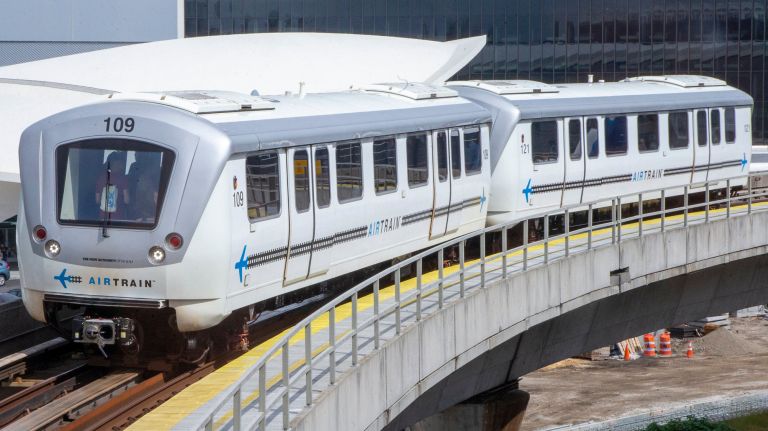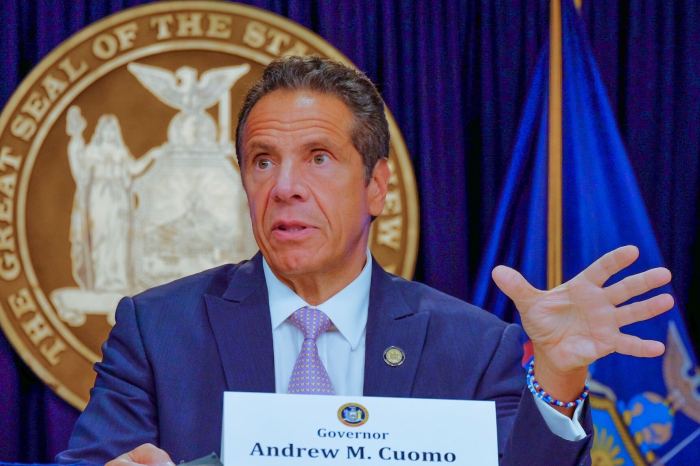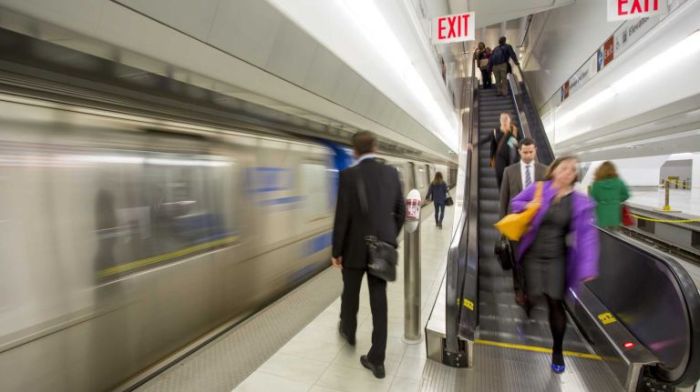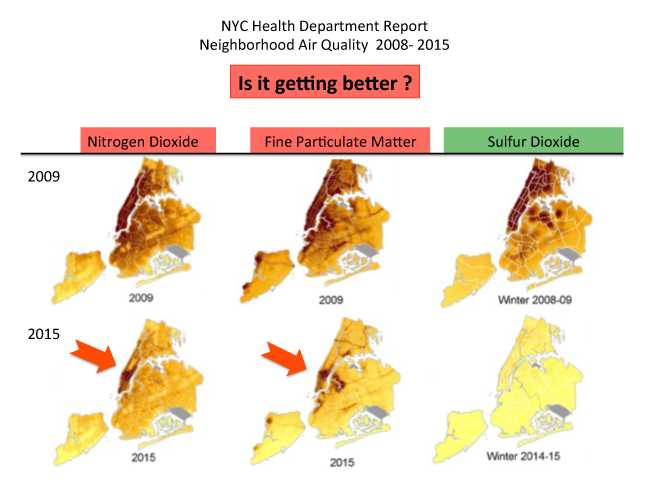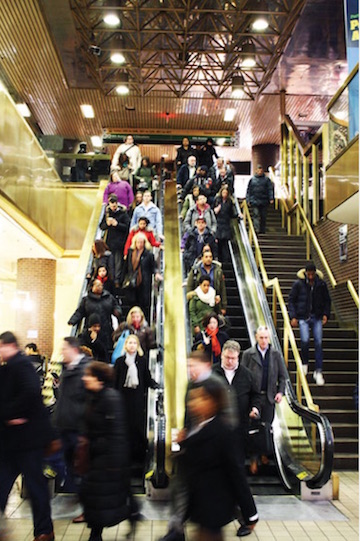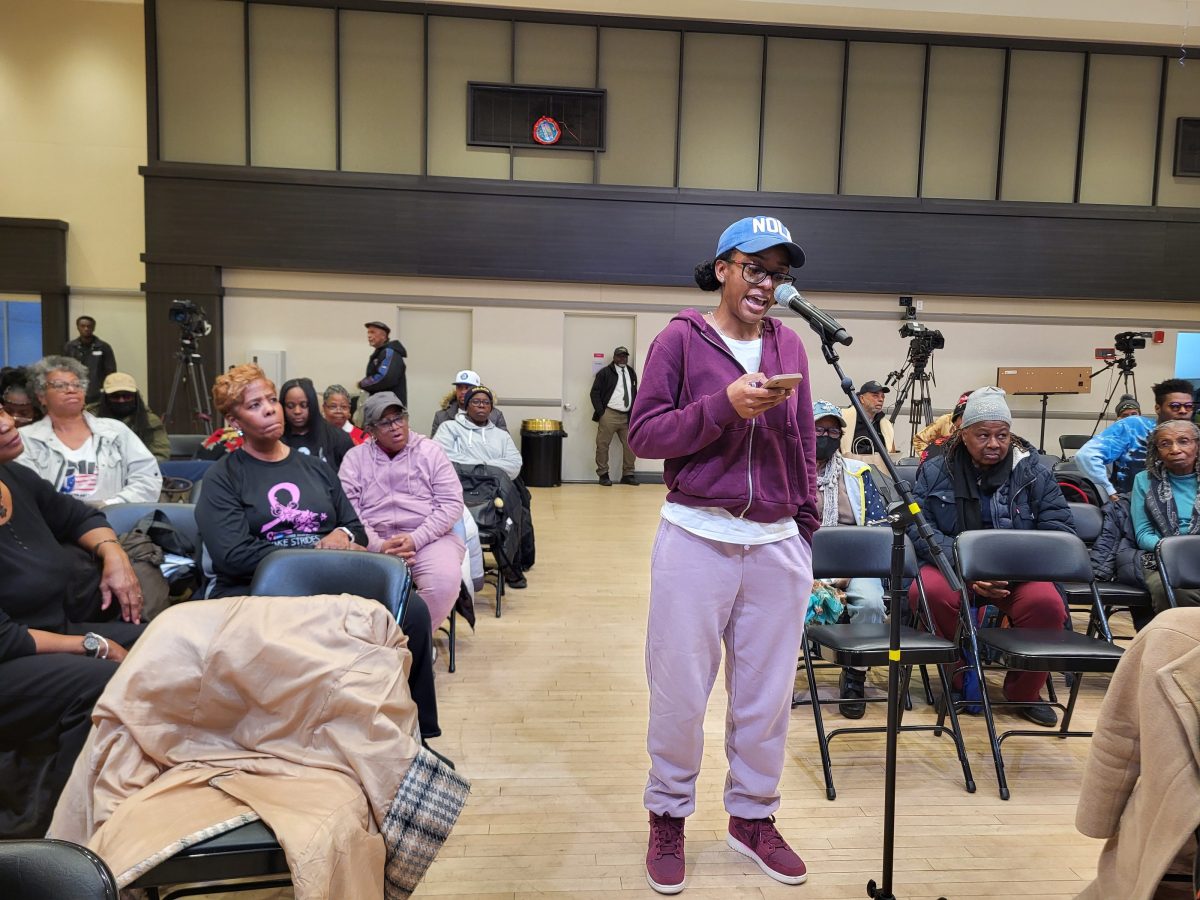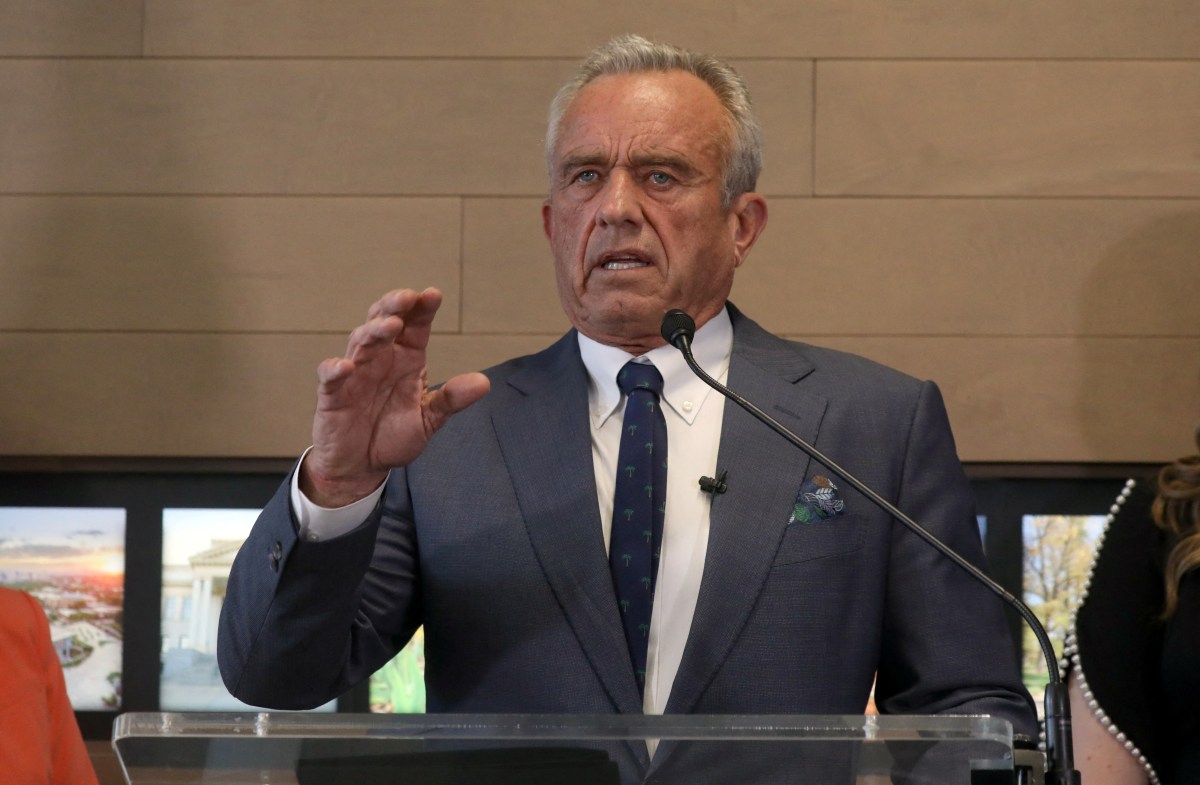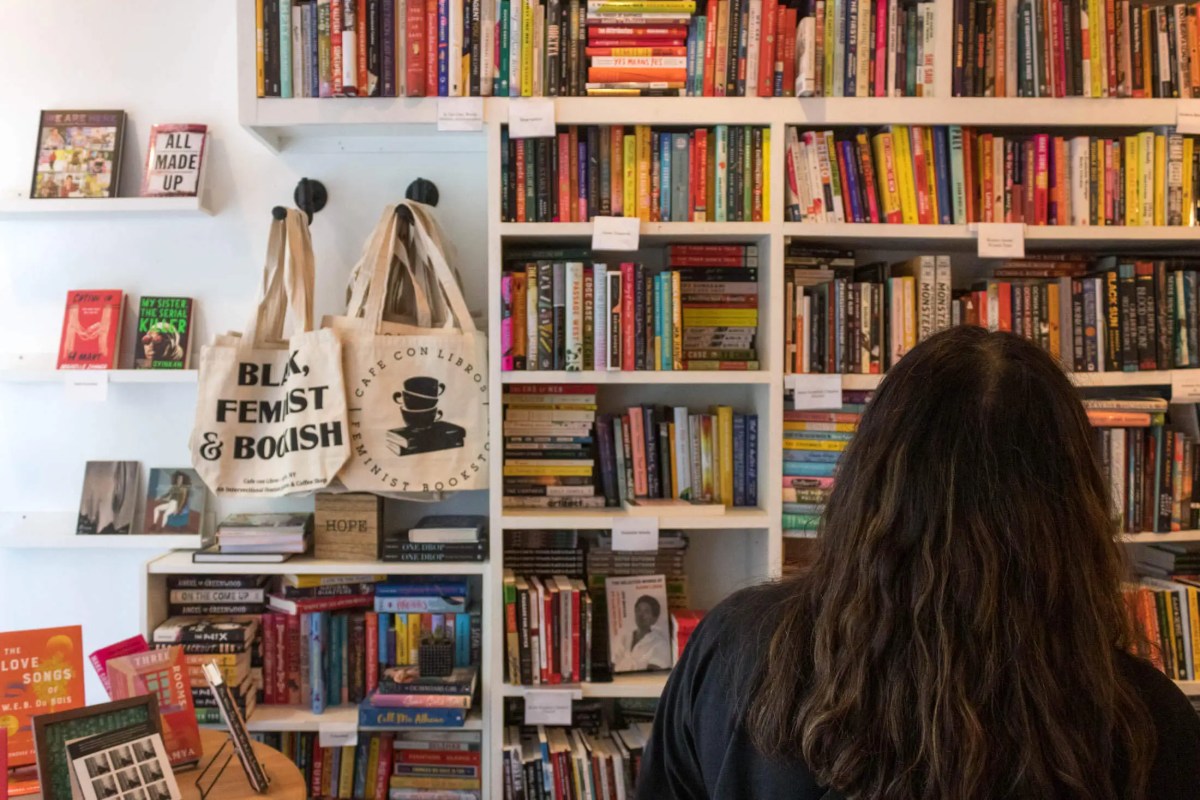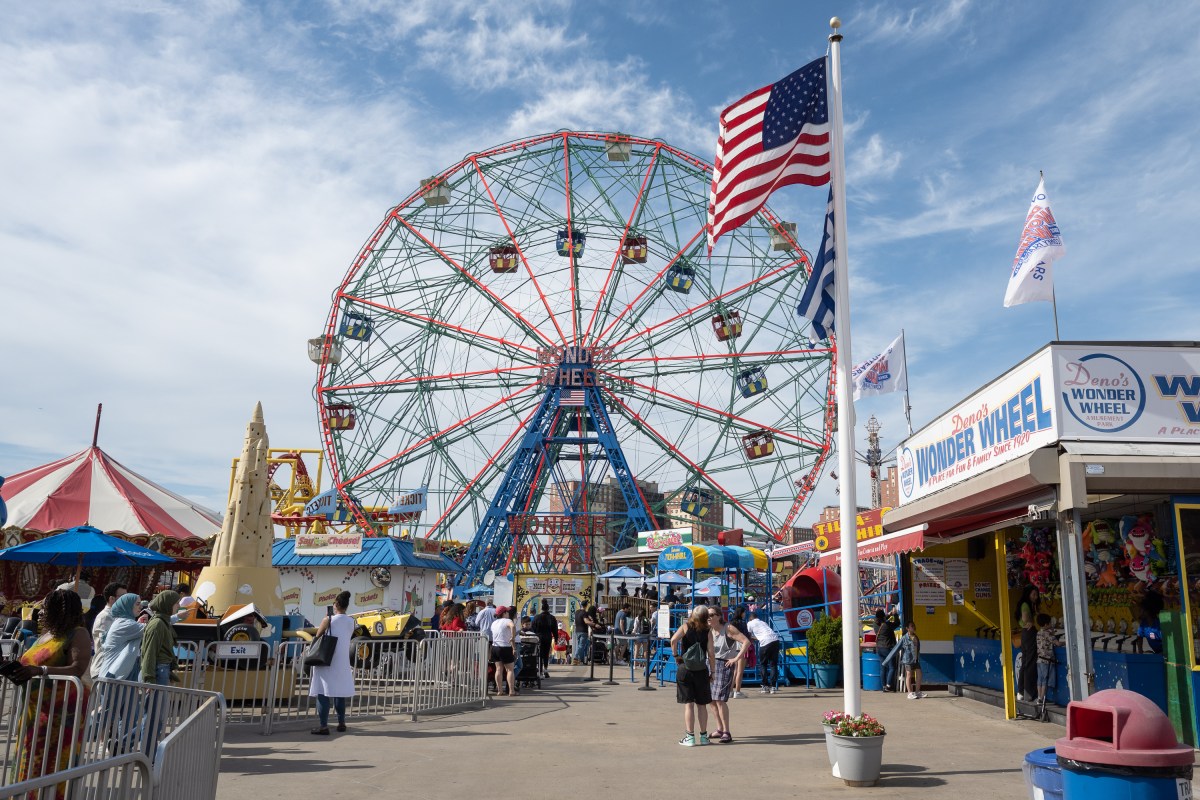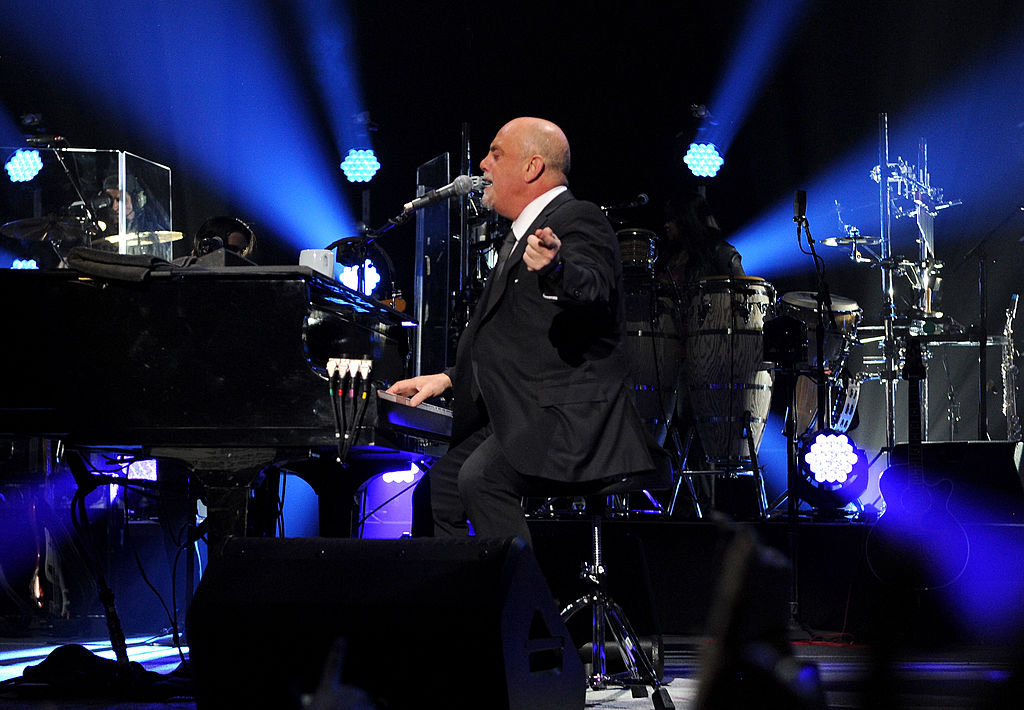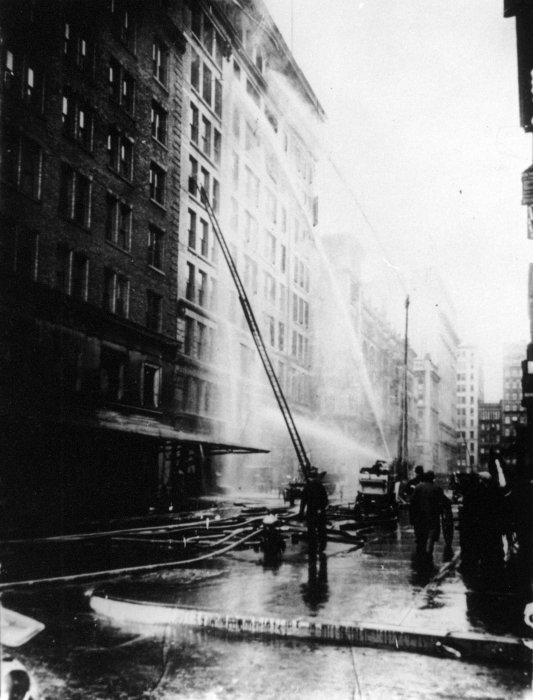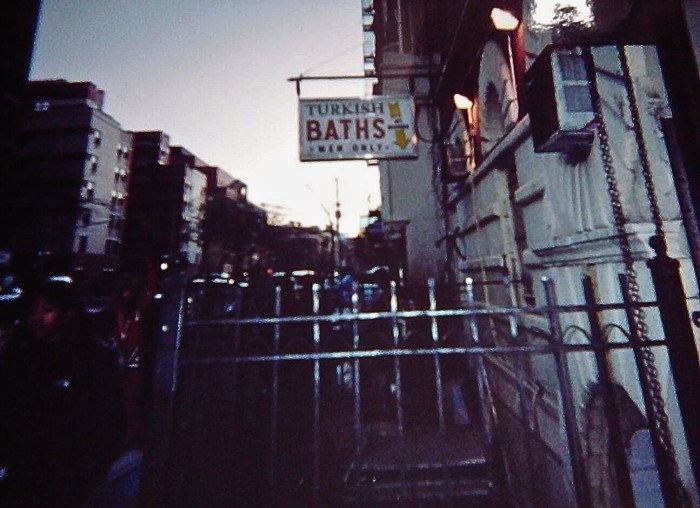AirTrain fares are slated to rise from $7.75 to $8 in January if the Port Authority of New York and New Jersey’s 2022 financial plan moves forward next month.
The 25c increase to take the rail connector to JFK Airport or Newark Airport in New Jersey is intended to match inflation, according the bi-state agency’s executive director.
“The AirTrain increase is one that was built in pursuant to a board resolution in 2019,” said Rick Cotton at a press conference following the panel’s monthly meeting Thursday, Nov. 18. “It was triggered just simply by the level of inflation, automatic increase, and that’s really the framework.”
The Port Authority Board of Commissioners agreed in 2019 to schedule fare increases for the AirTrain and raise tolls for buses to cross its bridges and tunnels.
Charges will stay the same for cars and trucks to cross the agency’s facilities and fares on its PATH commuter trains will remain steady as well, said Chief Financial Officer Elizabeth McCarthy while presenting the financial plan to the board.
Vehicle traffic has returned to almost pre-pandemic levels on Port Authority crossings, however airport passengers are still at about half for 2021 and are forecast to 90% next year, according to agency forecasts.
The planned AirTrain fare hike marks a 3.2% increase, far lower than when the Authority increased it from its original $5 to its current $7.75 in 2019, up 55%.
Under the incoming regime, a traveler will have to shell out at least $10.75 to get from the terminal to Manhattan using AirTrain and transferring to the subway, or $11.75 if they have to buy a MetroCard.
A family of four will have to pay $47 just to get to the city, making it not far below the $52 flat fare yellow cabs charge from JFK to the Big Apple.
One transit advocate said the move will drive people toward hailing a ride, adding to congestion, rather than taking public transit.
“That just adds another barrier to people using public transit and could have the effect of further encouraging people to drive or take Uber to the airport, which is the exact opposite of what we want to do,” said Liam Blank of the non-profit Tri-State Transportation Campaign.
Blank said the agency should suspend fare hikes like the Metropolitan Transportation Authority did until mid-2022 at the request of Governor Hochul and given still-recovering ridership, and instead source funds from increases on fees for fore-hire vehicles.
“A better way to increase revenues is for-hire-vehicle fees instead of putting the burden on the people who are making the sustainable choice,” he said.
The Port Authority announced Monday they are working on implementing a new tap fare payment system on its PATH trains similar to to MTA’s OMNY by 2024, but it’s unclear how that will work for the AirTrains, but Cotton said they’re working on it with MTA.
“We’re looking at other alternatives, but there’s no question those interchanges [at airports] have to be upgraded and they need to move to the same kind of all-media capability that both OMNY and the new PATH system reflect,” he said.
While both OMNY and PATH’s readers will accept payment from contactless bank cards and smartphones, Cotton wouldn’t commit to making the two systems cross-compatible, even though they’re both designed by firm Cubic Transportation Systems.
That means MTA’s new OMNY cards may not work on the Port Authority’s readers and vice versa with PATH cards on the city’s subways and buses.
“We’re going to have to look at that,” said Cotton. “The expectation is the overwhelming majority of people are gonna use what’s most convenient, which is their phone or credit card.”
Blank, of Tri-State, said the mix of fare cards at airports and prices will just create confusion for riders.
“We want transit to be as seamless as possible otherwise people will just say forget it, let’s just take a taxi or drive,” he said.



